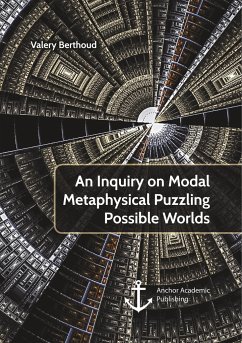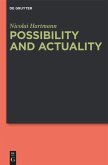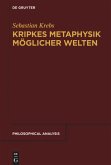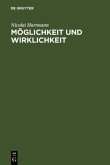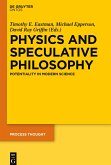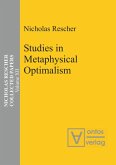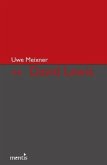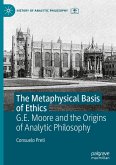The concept of possible worlds is useful because it defines the four modalities - possibility, necessity, contingency, and impossibility - but a challenge lies in defining it. David Lewis' polemical hypothesis ("genuine modal realism" as it is called) succeeds in it. Lewis' modal realism stirred controversy because he maintains that a plurality of worlds exists. Some philosophers suggest that the Lewisian view is a violation to the law of parsimony, also known as Ockham's Razor, i.e. not multiply entities beyond necessity. While avoiding a circular definition, Lewis constructs an inflated ontology. Is it worth it, and if we do not want to assume too many Lewisian worlds, what alternatives remain? Actualist modal realism and modal antirealism are the most relevant alternatives because modal abstentionism simply will not progress in this direction. This study evaluates the theories of possible worlds.
Bitte wählen Sie Ihr Anliegen aus.
Rechnungen
Retourenschein anfordern
Bestellstatus
Storno

